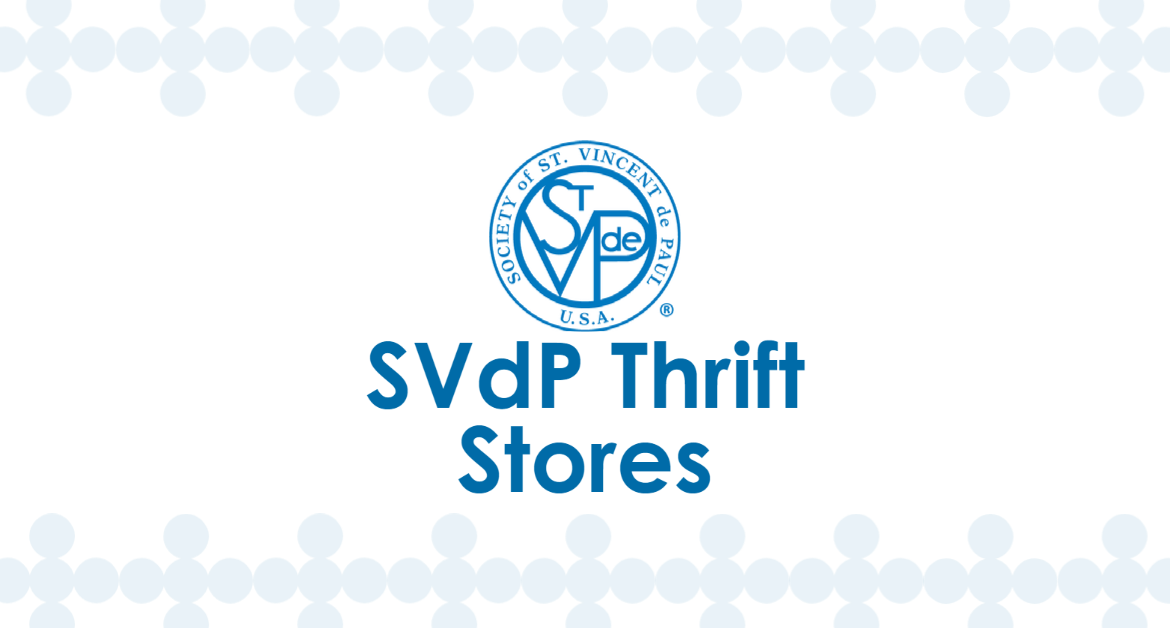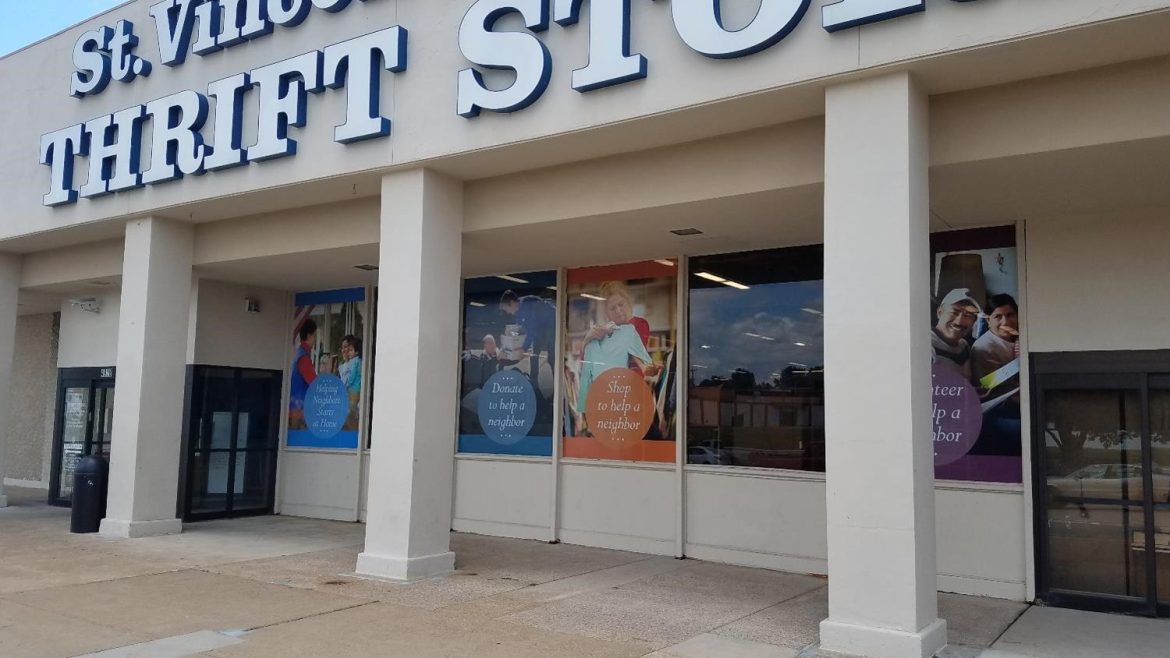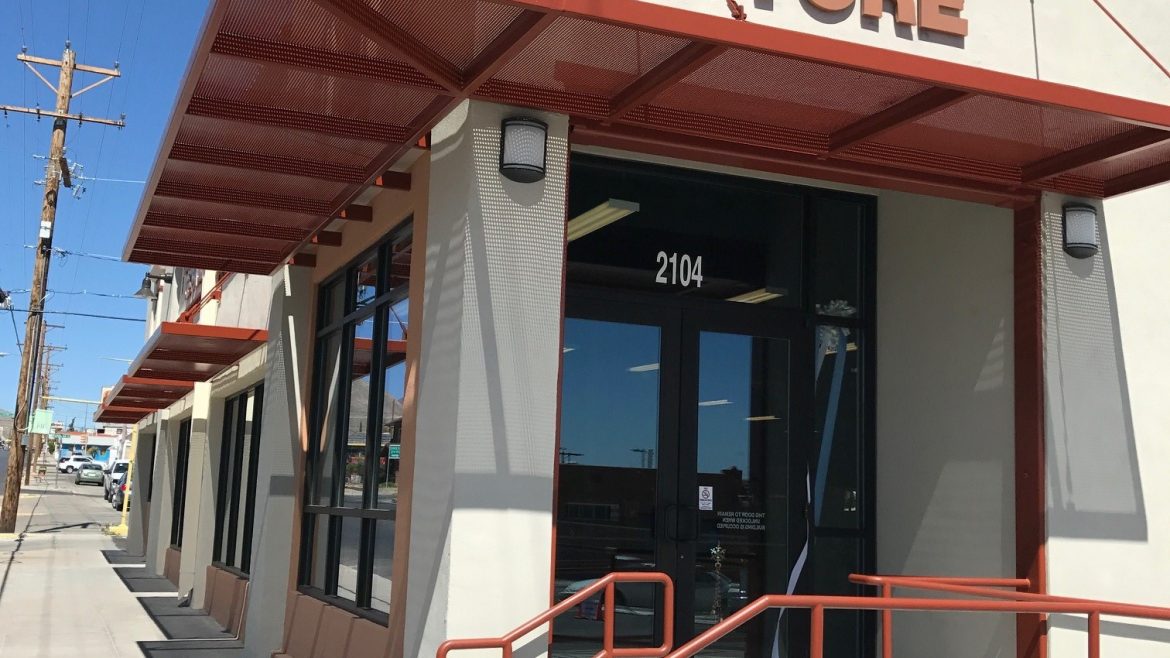By Paul Ihlenfeldt, Director of Operations – North Central Region
At our National Assembly in August, we presented material on how to use data to measure productivity. I thought it would be appropriate to provide a detailed recap of the presentation and highlight several key strategies.
The non-profit thrift environment can be extremely unpredictable. You’re not always sure how much you are going to receive in donations and cannot always predict how or when it is going to sell. But we can reference trends and use those trends to plan and budget for improvement. If we do not establish a goal for improvement, we will not achieve improvement. We will only repeat what we have done and eventually lose what we have gained.
Our thrift stores not only provide low-cost products for our friends in need, but they also provide a significant amount of funding for our various programs that provide the support our Neighbors in Need (NIN) depend on. We have a huge responsibility to ensure our stores are consistently profitable and can continue to support the St Vincent de Paul mission in serving others.
The following is a high-level road map of key areas of focus to assist you in achieving success in your planning.
First, you will need to implement the color tag rotation and use a POS pricing system that can capture the data. The POS systems most commonly used are Thriftworks and Secure Retail. They both can provide sufficient data to be used in analyzing the key components of your business.
Second, if you have not already, you need to create a profit & loss statement for your stores. The financials should be broken out by store and totaled and summed together to understand the health of the organization’s profit/support centers. Profit & Loss (P&L) tells a story, and we should be reviewing that “story” monthly. The fundamental equation for the P&L is:
Revenue – Cost = Net Operating Revenue
Work with your accounting firm or your own in-house financial leadership to create this business tool if you are not already using it.
Budget Sales:
What do you want to achieve? Look at trends and what contributed to those trends and start with determining the revenue budget. Are there external factors? Road construction, weather, pandemic, lack of good applicants to fill open positions? Or are there internal factors? Inefficiencies in production, not enough produced causing high sell-through, employees taking vacations, not enough donations? If you correct these issues, how much more revenue will you generate? Put a plan in place to fix the correctable and budget the benefit.
Budget Expenses:
Start with payroll, which is your largest expense. Your store wages should be approximately 40% of its revenue. When including administrative payroll, your organization’s payroll should be approximately 50% of the revenue. Now, based on the revenue budget, you can determine the number of full-time equivalents or FTE’s you can employ. Always ask yourself, is the added payroll adding value and will the revenue cover the expense?
Review the Key Areas of Support:
I recommend looking at 5 key areas of production.
- Donations
- Warehouse/Logistics/Recycling
- Pricing
- Utility/Sales Floor Support
- Cashiers
Your revenue budget will drive what you need to support these areas of production. Pricing is the key position, and this is where we specifically refer to the metrics (financials) to understand the number of pricers needed to support our sales plan.
- You can only budget more revenue if you have enough donations. Track the daily number of donors dropping off donations. The number of gaylords/containers you fill and the number the pricers empty. Remember those donations are free and are valuable in support of our mission.
- Depending on the amount of donations and kind of donations, are you able to transport and store those items efficiently and effectively.
- Determine the units needed to get you to your sales plan. We use this formula to forecast our production units:
- Units=1.43(X*Y)
- X=Units sold last year
- Y=1. (your budgeted percent increase as a decimal)
- Example: for a 7% increase would be 1.07
- 43 coefficient X your forecasted units allows you to achieve 70% sell thru.
- Determine the number of hours to allocate to pricing.
- Hours=X/Y
- X=Units to be priced to meet goal
- Y=Hourly production target for pricer.
- How many utility teammates do you need to run the carts to fill the floor? Determine the number of carts that can be put out per hour and set those goals with your team.
- Based on the sales plan, do you have enough registers and cashiers to effectively move customers through the registers? Determine a maximum number of customers in line to call for assistance.
- Hours=X/Y
In conclusion, effective budgeting, forecasting, and measurement are essential for navigating the unpredictable landscape of the non-profit thrift environment. By setting clear improvement goals and utilizing data-driven strategies, we can transform challenges into opportunities for growth.
The practices outlined—such as implementing a robust POS system, developing detailed profit and loss statements, and strategically budgeting for both revenue and expenses—are vital in ensuring the sustainability of our thrift stores.
Your stores not only provide affordable goods to those in need but also generate crucial funding for our programs that support the community.
As we focus on key areas like donations, logistics, pricing, and customer service, we empower our teams to operate more efficiently and effectively.
Ultimately, our commitment to continuous improvement and careful financial management will allow us to uphold the St. Vincent de Paul mission, ensuring that we can serve NIN for years to come. Let us take these insights forward, implementing actionable plans that lead to sustained profitability and greater impact in our communities.
If you have questions or have a topic for a future Stores Corner article, please email our Director of Stores Support-Jeff Beamguard at jbeamguard@svdpusa.org.




